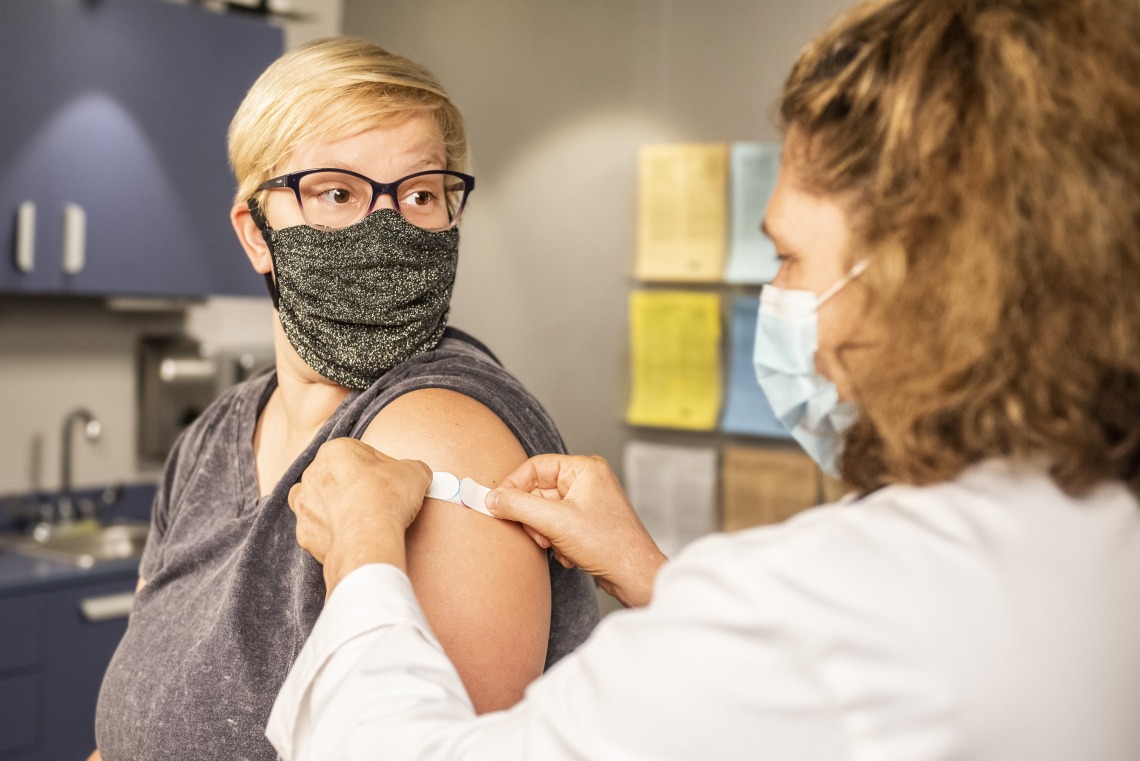HPV Vaccine Update

The vaccine to protect against Human Papillomavirus (HPV) is called Gardasil®-9. If you’ve already received the 3 shots of the original Gardasil® vaccine, you do not need any further Gardasil shots.
HPV is the most common sexually transmitted infection in the US. Most genital warts are caused by HPV infection. There are 30-40 subtypes of HPV which can be sexually transmitted and affect the genital area.
Gardasil-9 protects against 9 types of HPV. It continues to protect against the four HPV types found in Gardasil plus an additional five. This allows the vaccine to protect against 90% of the strains that cause cervical cancer, vulvar cancer, anal cancer, and genital warts. The vaccine will not protect against types to which the individual has already been exposed. Females who receive either type of Gardasil vaccine should still continue to have cervical cancer screenings, starting at age 21.
The FDA’s recommended target population for Gardasil-9 includes females 9-26 years old and males 9-21 years old. Ideally, Gardasil-9 should be given prior to sexual contact and possible exposure to HPV. Students 27 years old or older should discuss with their doctor whether or not to get the vaccine.
Gardasil-9 is available at UA Campus Health. It is a highly effective vaccine given as three injections over a 6-month period to help prevent HPV infection. Developed by Merck, Gardasil-9 shots are given in the upper arm.
Check with your insurance provider to determine if Gardasil-9 will be covered for you. Insurance benefits vary from one company to the next, so each shot may be covered in full (you pay nothing) or cost up to $178 per shot. No insurance? Merck has an assistance plan that will reduce the cost. For more info, visit www.cdc.gov or www.merckvaccines.com.

